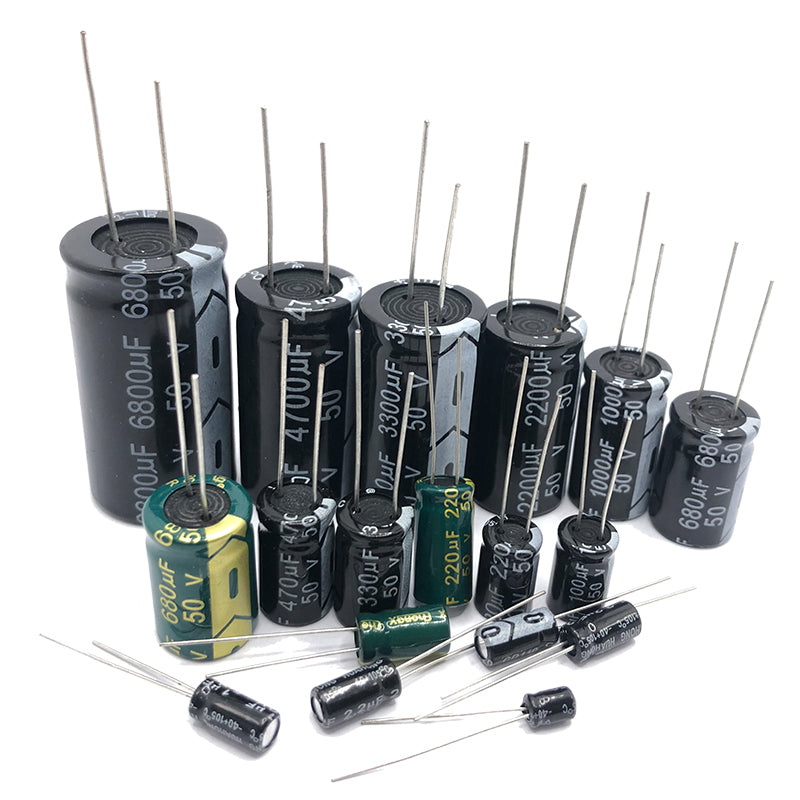In the vast world of electronics, capacitors play a pivotal role in ensuring smooth and efficient operation. From powering everyday devices to enabling advanced technologies, capacitors are indispensable components. In this article, we will delve into the reasons why we use capacitors, exploring their significance, applications, and the impact they have on various industries.
- Energy Storage and Release:
Capacitors are primarily used for energy storage and release. They store electrical energy in an electric field, which can be discharged when needed. This ability to store and release energy quickly makes capacitors ideal for applications that require short bursts of power, such as camera flashes, defibrillators, and electric vehicles. Additionally, capacitors are crucial in smoothing out power supply fluctuations, ensuring stable and reliable operation of electronic devices. - Filtering and Signal Processing:
Capacitors are extensively used in filtering and signal processing circuits. They can block direct current (DC) while allowing alternating current (AC) to pass through, making them valuable in separating different frequency components of a signal. This property is utilized in audio systems, telecommunications, and radio frequency applications. Capacitors also help eliminate noise and interference, improving the quality and clarity of signals. - Timing and Oscillation:
Capacitors are integral to timing and oscillation circuits. By combining capacitors with resistors and inductors, precise timing intervals can be achieved. This is crucial in applications such as clocks, timers, and oscillators. Capacitors enable the generation of stable and accurate frequencies, ensuring synchronization and coordination in various electronic systems. - Power Factor Correction:
In industrial settings, capacitors are employed for power factor correction. Power factor is a measure of how effectively electrical power is utilized. By adding capacitors to the electrical system, the reactive power can be offset, leading to improved power factor and increased energy efficiency. This not only reduces electricity costs but also minimizes strain on power distribution networks. - Energy Storage Systems:
With the growing demand for renewable energy sources, capacitors are gaining prominence in energy storage systems. Capacitors can store and release energy rapidly, making them suitable for applications like regenerative braking in hybrid vehicles and grid stabilization in renewable energy installations. Their high power density and fast charging capabilities make capacitors an attractive alternative to traditional batteries.
Conclusion:
From their role in energy storage and release to their applications in filtering, timing, and power factor correction, capacitors are essential components in modern electronics. Their versatility and reliability make them indispensable across various industries, including consumer electronics, telecommunications, automotive, and renewable energy. Understanding the importance of capacitors allows us to appreciate their impact on the functionality and efficiency of electronic devices and systems.

